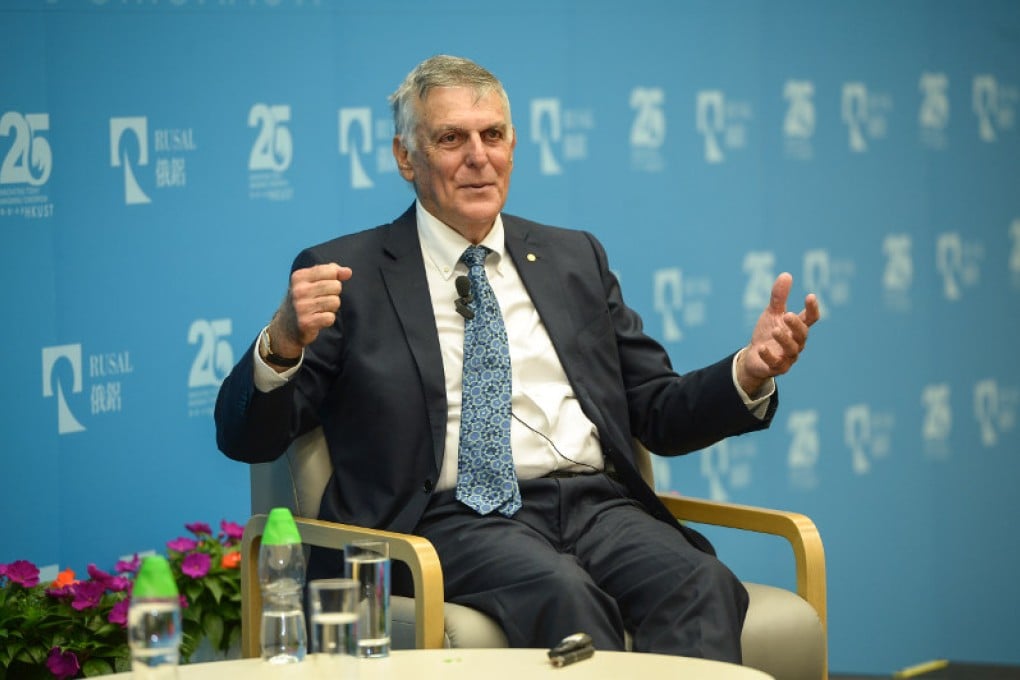Hong Kong ‘can copy Israel’s innovation and start-up model’
At a time when Hong Kong is being increasingly compared to Israel, with questions being asked as to whether Hong Kong can emulate the success of Israel’s technology innovation and start-up environment, the simple answer is yes, according to one of the world’s leading scientists.

At a time when Hong Kong is being increasingly compared to Israel, with questions being asked as to whether Hong Kong can emulate the success of Israel’s technology innovation and start-up environment, the simple answer is yes, according to one of the world’s leading scientists. “Hong Kong people are well-educated, clever and resourceful. It is in your hands,” professor Dan Shechtman, the 2011 Nobel Laureate in Chemistry and Philip Tobias Professor of Materials Science at the Technion – Israel Institute of Technology, told a capacity audience at Hong Kong University of Science and Technology (HKUST).
Under the theme of “Technological Entrepreneurship – A Key to World Peace and Prosperity”, Shechtman explained how fostering a strong start-up culture, science education and supportive policies can help developing countries to economic growth and prosperity. He highlighted several key factors every society needs to support and encourage entrepreneurship. These include a good basic education for all, comprehensive engineering and science education, support for entrepreneurship, a free market economy, government policy and – crucially – no corruption. “Corruption kills entrepreneurship,” says Shechtman, whose presentation is the latest in the series of UC RUSAL President’s Forum and HKUST Distinguished Speakers Series marking the university’s 25th anniversary.
The five-year joint project collaboration between UC RUSAL, a leading, global producer of aluminium, includes not only the President’s Forum series, but also an exchange, award and scholarship programme for university students in Hong Kong and Russia. The partnership is designed to strengthen scientific and educational ties between the two.
Shechtman believes that for start-ups to prosper, entrepreneurial spirit and knowledge must be embedded in the community and success acknowledged and celebrated. “As a technological university, HKUST is the ideal place to groom the next generation of entrepreneurs in Hong Kong,” he notes, adding that engineers and scientists make good candidates for entrepreneurship.
The professor is also a strong advocate of introducing children to the concepts of science and technology from an early age. “Children should start learning about the natural world as early as kindergarten,” says Shechtman, who became interested in science when shown a magnifying glass as a very young boy. “The key is to make it fun for them,’’ adds the Tel Aviv-born professor who in the 1980s discovered the quasi-periodic crystal, creating a revolution in the understanding of the structure of matter.
Making the comparison between Israel and Hong Kong in an interview with Education Post, Shechtman says their population is about the same size and both rely heavily on the ingenuity of people. Recently, Hong Kong chief executive C.Y. Leung led a delegation to Israel to learn more about the country’s innovation and hi-tech environment.
